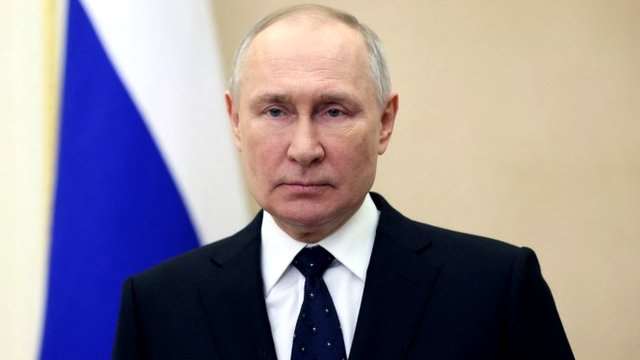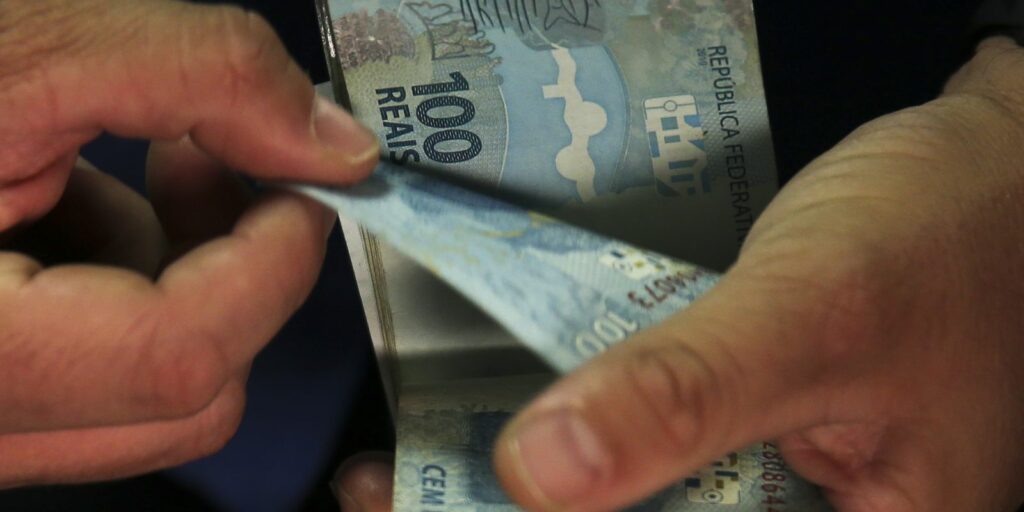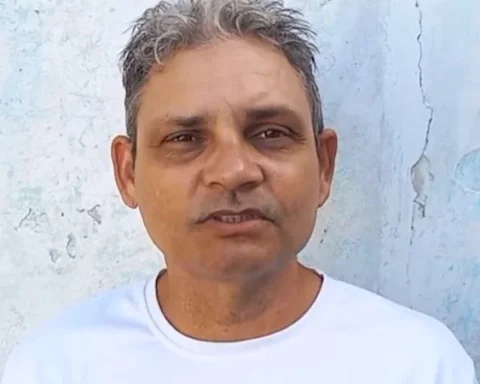March 7, 2023, 6:55 AM
March 7, 2023, 6:55 AM
As Russian President Vladimir Putin grappled with military failures in Ukraine, the question of how the war he launched a year ago will affect his own leadership loomed large.
Independent analysts and critics of the Kremlin began to propose scenarios that contemplate an eventual Russian defeat in the invaded country and the fall of Putin’s government, which is 70 years old and came to power in December 1999.
However, Marlène Laruelle, director of the Institute for European, Russian and Eurasian Studies at George Washington University (USA), warns that a collapse of power in Moscow is hard to see in the near future.
“There are many reasons that explain why the regime can be maintained,” says this French historian and political scientist in an interview with BBC Mundo.
In his opinion, for now the war in Ukraine seems to be playing in Putin’s favor inside Russia.
What follows is a summary of the telephone conversation with Laruelle, author of the book “Is Russia Fascist?” (2021) and co-author of “Understanding Russia: the challenges of transformation” (2018).
Do you think that so far the war in Ukraine has weakened Vladimir Putin’s leadership in Russia?
I’m not sure. It depends on how the war ends. But if it doesn’t result in some kind of outright defeat for Putin, I’m not sure it’s hurting his popularity in Russia that much.
I think what we see, at least now, is a kind of defensive consolidation of the Russian population around him and the Russian institutions. So for now he is playing quite a bit in his favor in Russia.
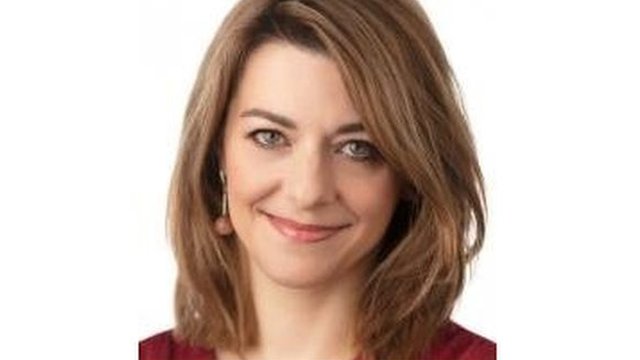
Of course, if the war goes on for a long time and economic issues become relevant, if more and more people die, and if the end is a defeat, then there will be a kind of retroactive effect of the war on your leadership.
So far, it has managed to maintain its legitimacy in Russia quite well.
Do you see no signs of growing opposition to the war in Russia that could challenge the status quo or the authority of the Kremlin?
No, many of those who openly opposed the war have left. That hundreds of thousands of Russians have emigrated is a safety net for the regime.
Some people unhappy with the war stayed, but they cannot speak publicly and do not have broad support. And what we see in the polls is waning support even for Navalny (the Russian opposition leader who has been jailed in his country).
Of course there are local complaints and people unhappy with the war, but I don’t think this challenges the status quo until now.
Former chess champion Garry Kasparov and former tycoon Mikhail Khodorkovsky, two Russian critics of the Kremlin, stated in a recent article in the magazine foreign affairs that “if the West stands firm, the Putin regime will likely collapse in the near future.” Match with this opinion?
I disagree. Both are opposition figures, it’s their job to say that too. I don’t think we have good data to demonstrate sociologically that the regime would collapse. It can be questioned — there is intra-elite fighting — but the regime has been managing the sanctions quite well. So the economic damage to Russia will get worse, but for now it’s not too radical.
There is no defection from the elite, all the security services are loyal to Putin, so I don’t see how the regime could collapse in the near future. It may be that it will collapse one day, but I don’t think that will happen in the near future as Kasparov and Khodorkovsky say.
whatAND if Western sanctions worsen the economic situation in Russia, causing discontent and demands for change from toinside?
It is a possibility, but on a different time scale. It will take years for the Russian economy to weaken dramatically.
This year will already be more difficult than the next, and probably 2024 even more difficult. So it will take years for ordinary citizens to feel that their economic situation has deteriorated so much that they are willing to take to the streets to complain.
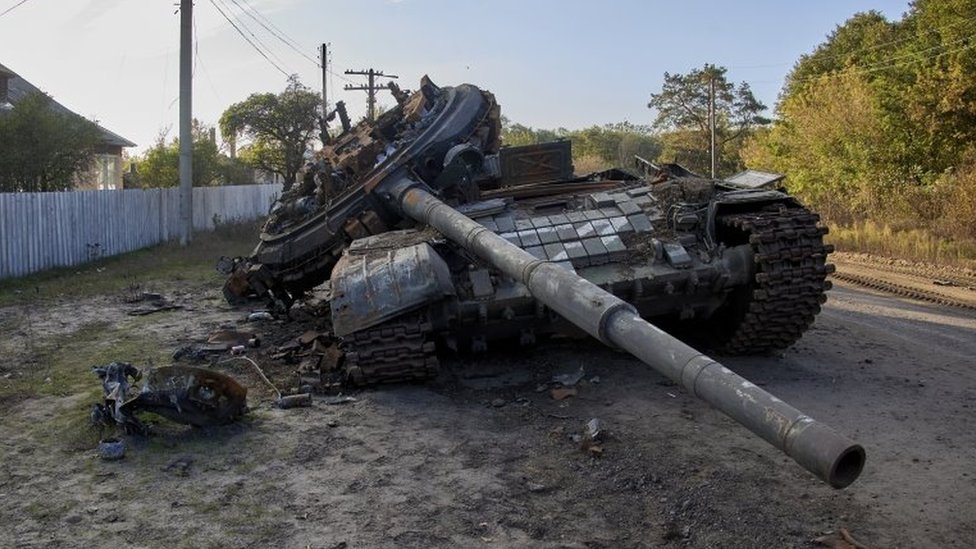
We could imagine that there are economic claims, but not a call to change the regime.
Hoping that the sanctions will put the Russian economy in such difficulties that people will take to the streets and fight Putin is a very long mix of possibilities. It’s not guaranteed to work like this.
Underlying this is the question of the risks of a sudden collapse or change in the Kremlin. Don’t you think that happens?
No, at least not in the near future. And, if it did happen, the risk would be multiple.
If Putin is removed and replaced by someone from the system, then the system could continue to function without Putin.
It’s hard to imagine a total collapse, because the security services will never allow that to happen.
If they were protests from the ground, such as ethnic republics, economic complaints, etc., I think they would be very repressed and a kind of military dictatorship could be established to try to maintain control.
So I don’t think the country is ready to crash anytime soon. It would take a combination such as a demise of Putin, infighting between elites, and popular protests for the system to collapse. It’s not impossible, but it’s not very plausible either.
How does Putin manage to stay firmly in power in the current situation? You mentioned two keys: the security forces and that many of those who oppose the war are fleeing the country. But are there other clues, perhaps nationalist sentiments in some parts of Russia?
Of course, there is popular support for what the regime is doing, a feeling that the country is threatened, that the war is something existential for Russia, that Russia is fighting the West and not Ukraine.
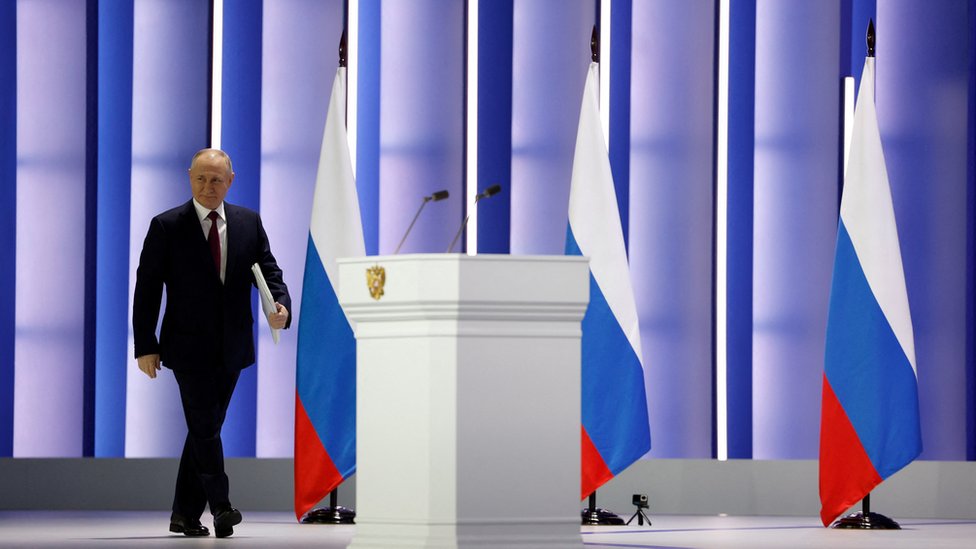
So there is a kind of effect of patriotic fervor, propaganda and repression. There are many reasons why the regime can be maintained.
What he says not only goes against the idea that some opposition figures are trying to convey, but also against the wishes of many in the West who believe it is possible to see the end of Putin’s rule in the near future. Does the West not understand what is happening inside Russia?
It depends on what is understood by the West. If you talk to the circles that actually make decisions, they are well aware that the regime is holding on pretty tight.
Some of the Russian media and political opposition are toying with the narrative of the impending collapse of Russia, but when you talk in Europe or here in the United States in State Department or Defense Department circles, no one really believes in a collapse. imminent.
Maybe people in Poland, the Baltics or the Ukraine believe that. But it is above all the Russian opposition that makes it a prominent issue. I don’t think that those in power in the West think that this is really going to be the case.
US President Joe Biden said last year that Putin “cannot continue in power”, but the White House immediately clarified that this was not a call for regime change in Russia. Was it a blunder by someone as foreign policy savvy as Biden?
Yes, he is a specialist in committing blunders. And there may be people like Victoria Nuland (the US Under Secretary of State for Political Affairs) who are more radical.
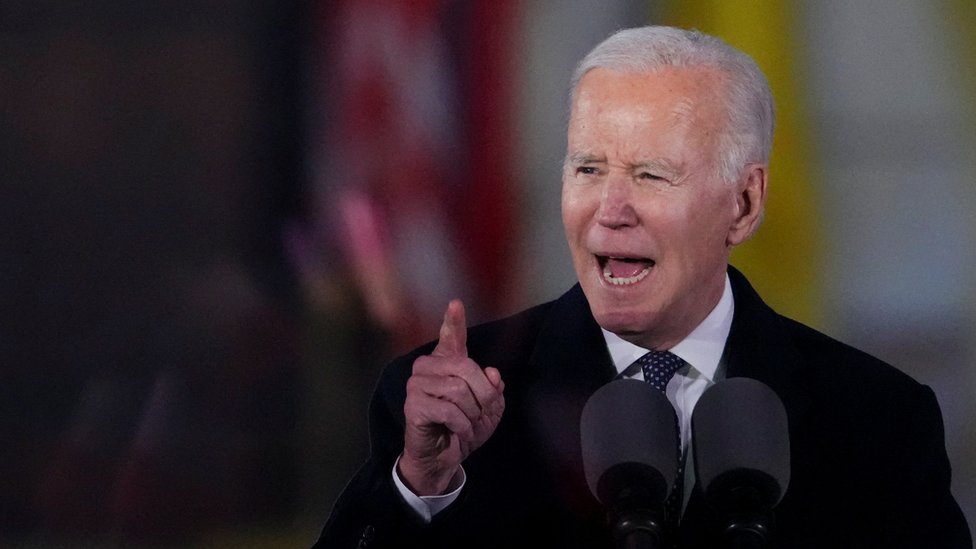
But when you talk to people who aren’t in the media spotlight at the State Department and the Defense Department, while many of them would like to see the regime collapse, it’s not their priority in terms of foreign policy.
And they don’t think they have the tools to make that happen. They support the Russian opposition, those who try to make that happen, but it is not the center of their decisions.
What would a win look like? of Ukraine for the West?
That also depends on who we are referring to in the West. For Ukraine, the victory will officially be to recover all its territory, including Crimea.
Many in the West are more realistic and think that simply driving Russia out of Ukraine without regard to Crimea would already be a great victory.
There are also differences between Poland, the Baltic countries and some Central European countries, who hope that Ukraine can retake Crimea, and people in France, Germany or the US who are much more moderate and believe that retaking Crimea will be almost impossible.
So everyone sees victory differently. Of course it will depend on how the battlefield evolves this spring and summer, and whether Ukraine can recapture more territory. This, of course, would lead decision circles to be optimistic about what a win would look like.
The problem in these types of contemporary wars is that it is difficult to define victory. A complete victory, in which one side wins everything back and the other loses everything, rarely happens. Since World War II there have been no wars that have ended like this.
So it could look much more like a long frozen ceasefire line, with no victory really in sight.
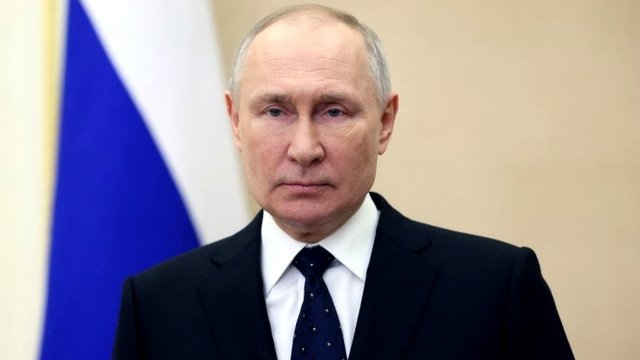
And what would an acceptable end to the war look like for Putin?
It will depend on the battlefield. So far what they want is for the annexation of Crimea and the territories they annexed at the end of September to be recognized.
Of course, if they were losing more ground and running into difficulties, they would limit their claims perhaps to Crimea being recognized as part of Russia.
But Russia sends mixed signals and it’s hard to know what they want.
Is it possible for Russia to use its chemical or even nuclear weapons and enter into direct military confrontation with NATO?
It is not the most plausible, but it must be foreseen because we want to be prepared in case that happens.
If they were to face a major military defeat on the ground, if they sensed the threat of Crimea being retaken by Ukraine, I think the regime would become more rogue and actually threaten to at least use chemical or nuclear weapons.
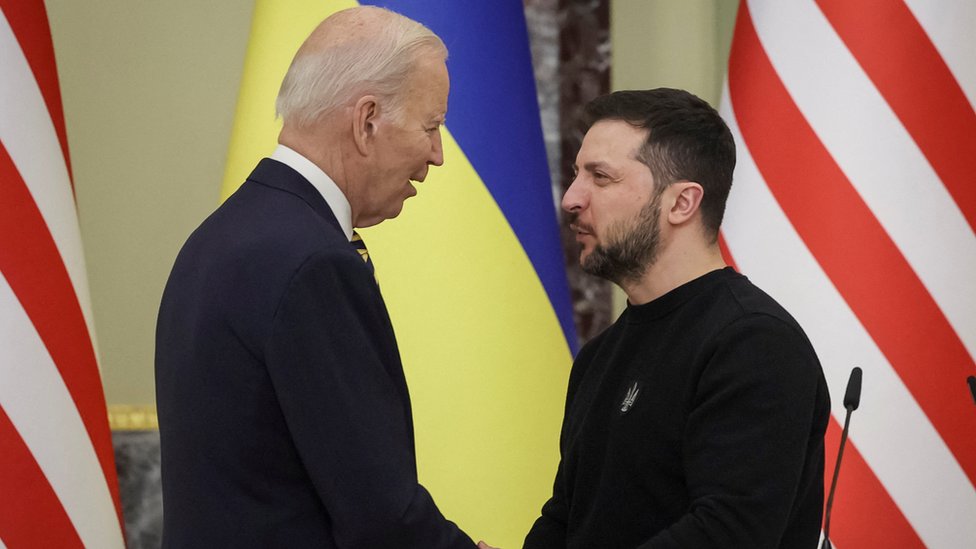
But they know that it would be very difficult to directly confront NATO. However, if they really faced difficulties or the risk of losing Crimea, I think they would come close to that.
You too He specializes in populism, illiberalism, nationalism and the rise of the extreme right. Are these phenomena weakening with the Ukrainian war and the pandemic? Or, on the contrary, could they be strengthened?
They are getting stronger because the economic situation in Europe will deteriorate in the coming months and years due to the price of war for the European economies.
And I think it will be very difficult for liberal forces to assert themselves firmly and we will see national populist movements continue to grow and become somewhat institutionalized, normalized, part of the European political landscape. The war is not slowing this down.
The war is reinforcing the unity of NATO and the European Union, but that is above all on a political level. In terms of what the average European citizen thinks, the economic price of the war will be so high that it will fuel the growth of populist leaders.
Remember that you can receive notifications from BBC Mundo. Download the new version of our app and activate them so you don’t miss out on our best content.
